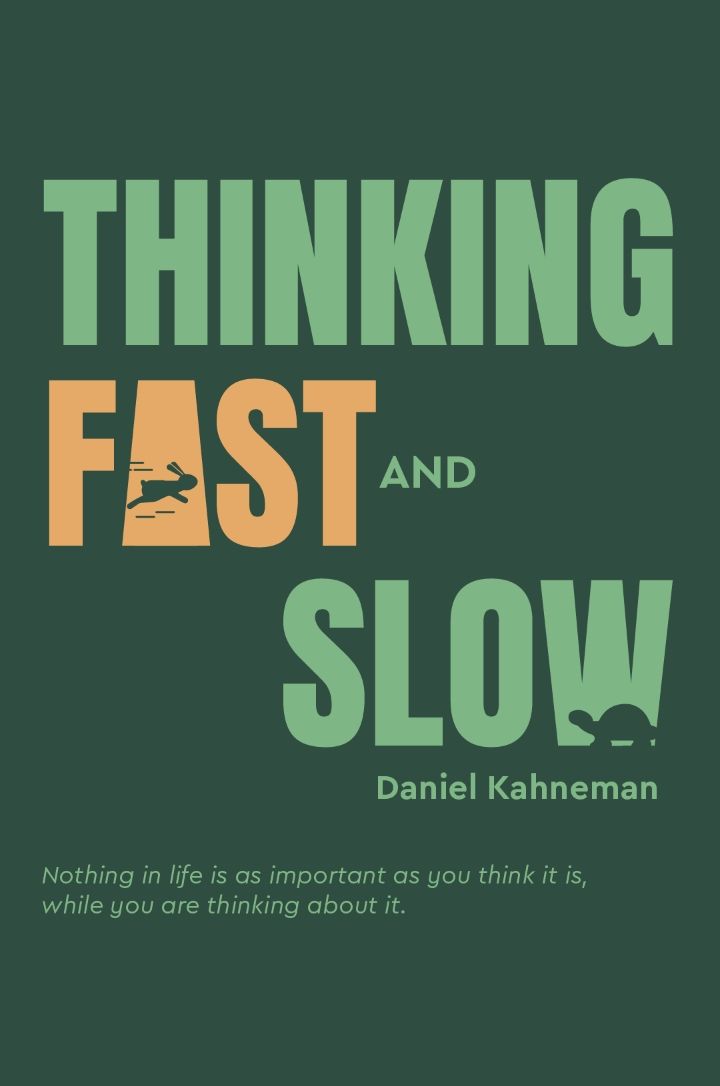Audio available in app
Sunkcost fallacy clouds rational decision-making from "summary" of Thinking, Fast and Slow by Daniel Kahneman
The sunk cost fallacy is a common cognitive bias that can have a significant impact on decision-making. This fallacy occurs when individuals continue to invest time, money, or resources into a project or decision simply because they have already invested in it. In other words, they make decisions based on past costs rather than on the future benefits or potential losses. This fallacy can cloud rational decision-making by causing individuals to disregard relevant information about the current situation and focus instead on what they have already invested. This can lead to a reluctance to change course, even when it is clear that doing so would be the most beneficial option. As a result, individuals may end up wasting additional resources on a project that is unlikely to succeed, simply because they are unwilling to let go of their past investments. The sunk cost fallacy can be particularly detrimental in situations where emotions are involved, as individuals may become emotionally attached to their past investments and have difficulty letting go. This emotional attachment can further cloud their judgment and prevent them from making rational decisions based on the current circumstances. To overcome the sunk cost fallacy, it is important to focus on the future costs and benefits of a decision rather than on what has already been invested. By reframing the decision-making process and considering only the relevant information about the current situation, individuals can make more rational choices that are not influenced by past investments.- The sunk cost fallacy can have a significant impact on decision-making by clouding individuals' judgment and causing them to make choices based on past investments rather than on future outcomes. By being aware of this cognitive bias and focusing on the relevant information about the current situation, individuals can make more rational decisions that are not influenced by sunk costs.


